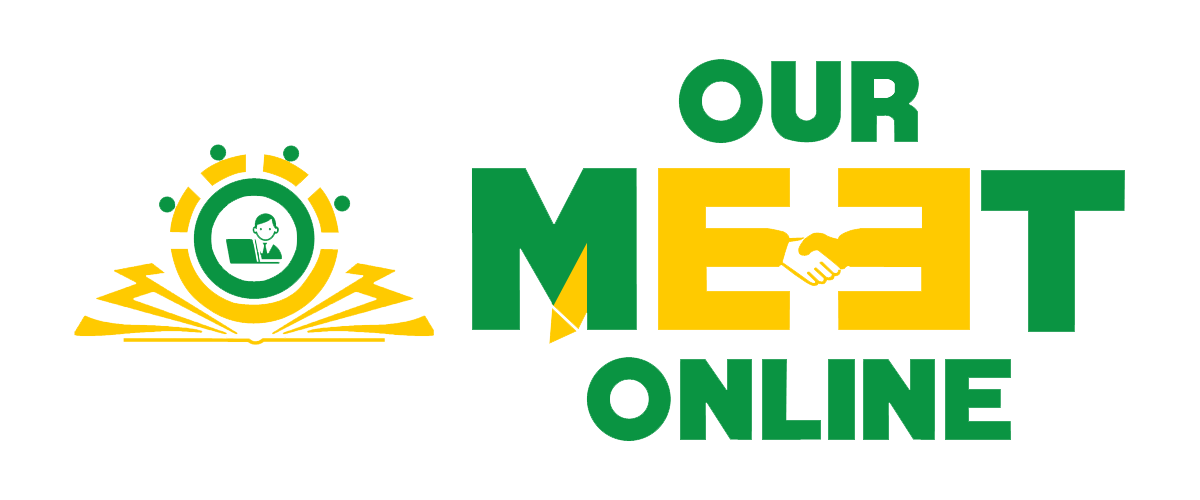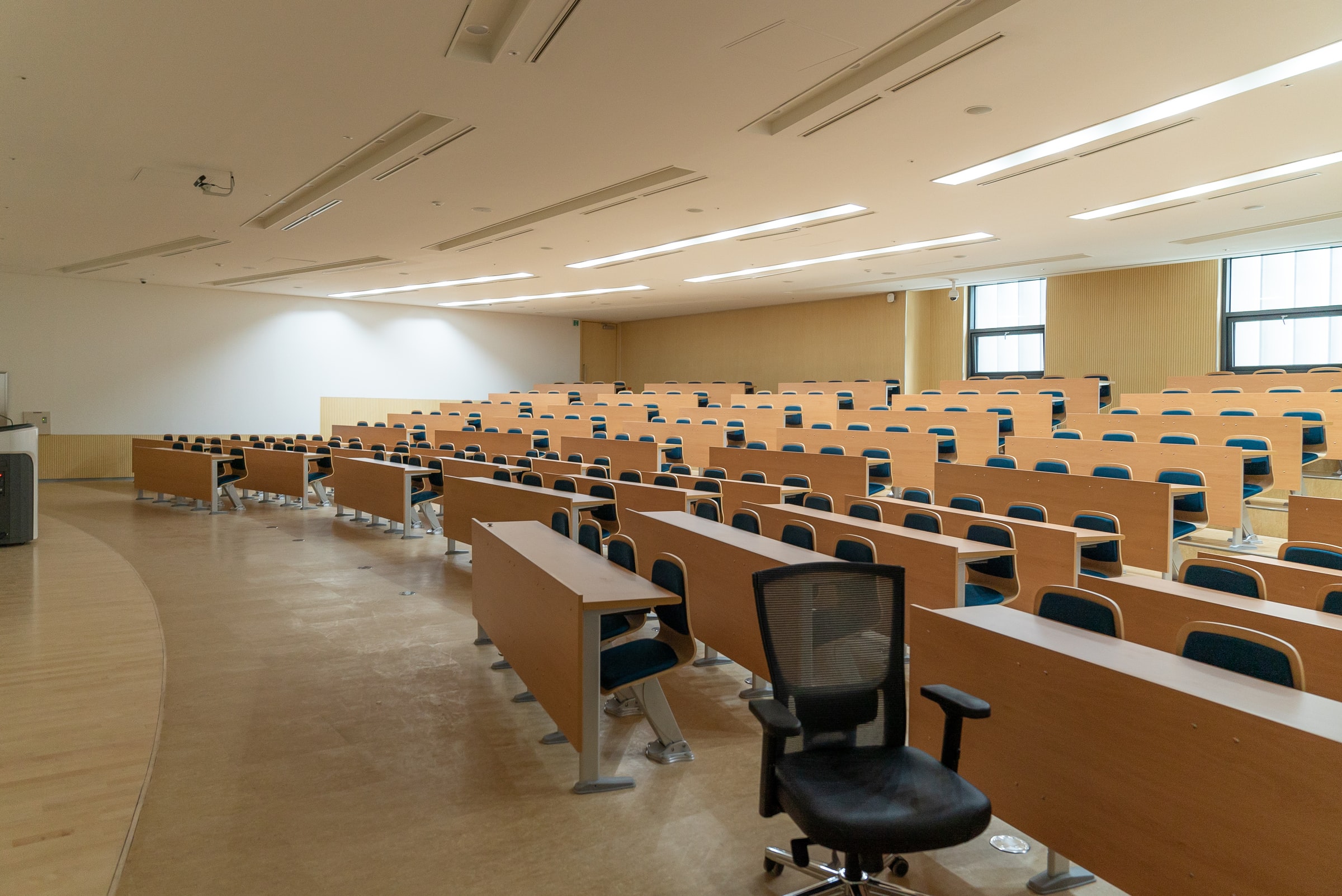01 Jun How COVID-19 is impacting educators, students and parents worldwide?
About 200 countries are being currently impacted by COVID-19 pandemic. It is a global health crisis that has affected people of all socioeconomic statuses and professions because of worldwide lockdowns and social distancing practices. In most countries of the world, educational institutions of all types and capacities are closed for in-person instruction. Many governments and policymakers are struggling to lessen the impact of these lockdowns on student learning, and assessment. Schools are not only important for academic skill development, but they are also important for the social aspects of a child’s development. A large majority of institutions are working on providing remote or online instruction during school lockdowns. However, when choosing technology for online instruction, policy makers, school leaders, and even parents need to think about the skill development, pre-post assessments and the socialization aspects of learning.
Impact of School Closings
The lockdowns and school closings have caused major disruption in the students learning, internal assessments and standardized assessments. The closure of schools, college and universities happened at a time that was a key assessment period for many countries, and many final exams in those countries were postponed or cancelled. For Example, in India, CBSE and ICSE 10th and 12 grade exams were postponed. In the UK, all GCSE and A level exams have been cancelled for the entire cohort. The cancellation or delays in final assessments for 12th graders have caused a major impact on their decision to go to college in the 2020-2021 academic years. A big percentage of such students are leaning towards taking a gap year. Some of these impacts are short –term others are long- term.
The challenges for educators have been enormous, as teachers have been forced to adopt a system of instruction that they are not familiar with, and they have little or no training in providing online teaching tools. School administrations have struggled to find educational technology supports that they can provide to their students and teachers to use for an uninterrupted learning process during the uncertain time period. Teachers have also had to get familiarized with the new vocabulary used in online teaching, and simultaneously train themselves and their students to use these tools. Providing content for online applications is another level of challenge in this whole equation.
Parents have also faced challenges; many of them have now moved their office to home and home-schooling kids is not only difficult for such parents, but on occasions it is even impossible. In most households, devices are not available for kids to participate in synchronous online course schedules, which are being held on Zoom or Google classrooms around the world. While teachers have been doing their best to find asynchronous online resources to support their students, parents are nonetheless unable to justify the heavy tuitions that they are paying to the expensive private schools in countries such as India, since the instruction that students are receiving in not enough and there is no assessment for the skill they are learning.


Mark
Posted at 20:35h, 11 SeptemberThanks for your blog, nice to read. Do not stop.
wwd.com
Posted at 16:34h, 22 SeptemberSpot on with this write-up, I seriously believe this website needs much more attention. I’ll probably be returning to read more, thanks for the info!
Dedra Lee
Posted at 10:18h, 12 MarchPretty! This was an extremely wonderful post. Thanks for providing
this info.